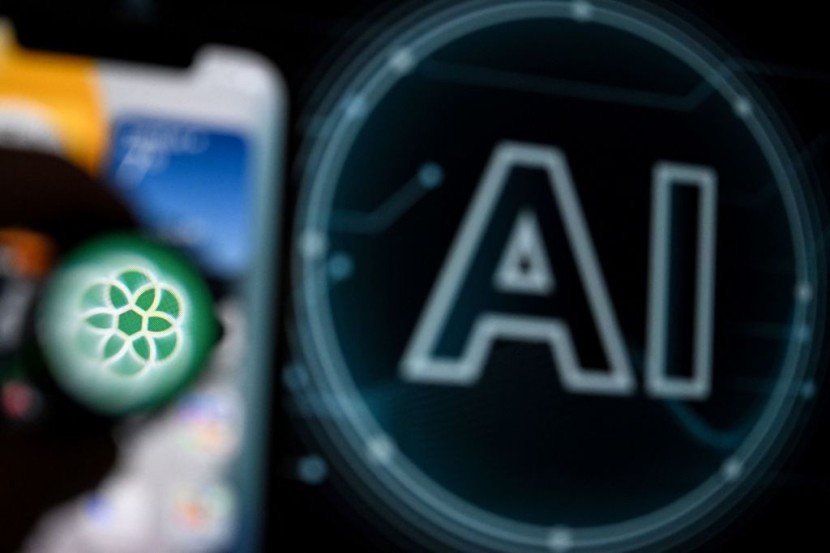The AI Governance Alliance (AIGA) released a series of three new reports today on advanced artificial intelligence.

The papers focus on generative AI governance, unlocking its value, and a framework for responsible AI development and deployment. The Alliance bridges together governments, businesses and experts to shape responsible AI development applications and governance, and to ensure equitable distribution and enhanced access to this path-departing technology worldwide.
"The AI Governance Alliance is uniquely positioned to play a crucial role in furthering greater access to AI-related resources, thereby contributing to a more equitable and responsible AI ecosystem globally," says Cathy Li, Head, AI, Data and Metaverse, World Economic Forum. "We must collaborate among governments, the private sector and local communities to ensure the future of AI benefits all ."
The European Union has devised the world's first comprehensive AI rules ahead of a busy election year, with AI-powered misinformation and disinformation the biggest risk to the global economy as it threatens to erode democracy and polarize society, according to the World Economic Forum report released last week.
From China to Europe, top officials staked their positions on AI as the world grapples with regulating the rapidly developing technology that has big implications for workplaces, elections, and privacy.
What Does China Want?
The Associated Press quoted Chinese Premier Li Qiang calling AI "a double-edged sword."
"Human beings must control the machines instead of having the machines control us," he said in a speech Tuesday. "AI must be guided in a direction that is conducive to the progress of humanity, so there should be a redline in AI development - a red line that must not be crossed," without elaborating.
China, one of the world's centers of AI development, wants to "step up communication and cooperation with all parties" on improving global AI governance, Li said.
China has released interim regulations for managing generative AI, but the EU broke ground with its AI Act, which won a hard-fought political deal last month and awaits final sign-off.
European Commission President Ursula von der Leyen said AI is "a very significant opportunity if used in a responsible way."
AP News revealed that during a session featuring Meta chief AI scientist Yann LeCun, talk about risks and regulation led to the moderator's hypothetical example of "infinitely conversant sexbots" that could be built by anyone using open source technology.
Taking the high road, LeCun replied that AI can't be dominated by a handful of Silicon Valley tech giants if it's going to serve people around the world with different languages, cultures, and values.
"You do not want this to be under the control of a small number of private companies," he said.









